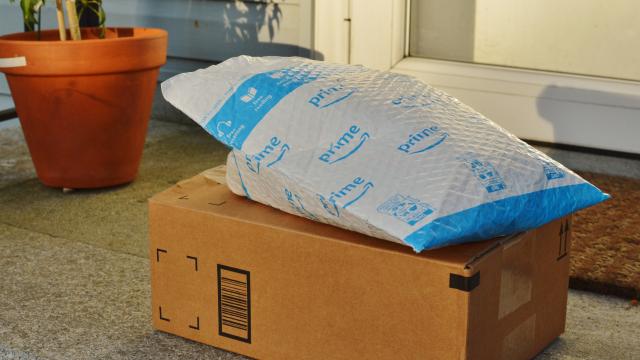Amazon Prime Day 2021 has now been confirmed and will take place from midnight AEST, June 21 until midnight AEST, June 22 for local deals and until 5 pm AEST on Wednesday, June 23 for global deals. That’s a full 65 hours to get your hands on the best deals Amazon Prime Day 2021 has to offer. Given the range of deals we’ve seen in the past, there’s good chance you’ll be able to find some kind of discount for many items on your must-have list.
You’ll note I said some kind of discount rather than a great deal. There are plenty of Prime Day listings that are going to appear like they’re great deals, but they really aren’t. Discounts tend to fall into one of four categories:
- A cheaper price that’s actually a discount on a marked-up item
- A real discount on a crappy product
- A honest-to-god discount on an item, but one that’s matched (or beaten) by another retailer looking to steal Amazon’s thunder
- A great discount on a great product that’s worth considering
So how do you tell which Prime Day deals are actually deals? In a perfect world, you do your research. You know what you want to buy before you buy it, you have an idea of what others are selling it for, and you read reviews to know that it’s a legitimate product that works pretty well.
That’s not to say you should be stuck doing all the legwork by yourself. If I were shopping on Prime Day — I’d turn to the help of a few browser extensions to enhance my shopping experience and save me some cash. Unfortunately for us Aussies, browser extensions like Wikibuy and FakeSpot aren’t available in Australia yet. However, we’ve outlined two browser extensions that’ll help you differentiate a mediocre deal from an absolute steal this Prime Day.
The Camelizer (Chrome, Firefox)
If you shop on Amazon regularly and not just Prime Day, then this extension should be at the top of your list. It allows you to quickly take a peek at an item’s historical pricing, so you can see whether the deals you’re getting is actually the lowest it’s ever going to go. More importantly, you’ll be able to determine if a sale isn’t actually much of a sale at all because a seller bumped up the price seven days ago.
Amazon Assistant (Chrome, Firefox)
Amazon Assistant is Amazon’s own browser extension that acts as a PA and works automatically in your browser to help you compare products and prices while searching and shopping online.
You can add items to your wish lists from most places on the Internet and customise your experience to receive notifications on deals, your Amazon transactions, special offers and more.
According to Amazon’s website, the Assistant is offered in a variety of forms on a variety of platforms, including as an extension for your web browser and a plug-in that may be included in or added to third party toolbars, browsers, and software applications. However, it’s worth noting that Amazon Assistant may not be compatible with all web browsers or other software applications.
The only downside to Amazon Assistant, is that each new search opens up a new browser, which can get kind of frustrating when you’re shopping. But once you’re familiar with how it works, it gets better.
At the end of the day, these extensions might not save you money every time, but they’ll make you feel a lot better about your Amazon shopping. Happy spending!

Comments